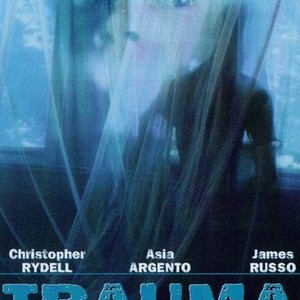
If you decide it’s time to reconfigure how you share about trauma, consider: Have they told me how they feel about this topic in the past?.Do they seem comfortable with this topic?.Have I given the other person a chance to opt out of this conversation?.Have I given the other person a chance to share?.Why am I sharing this story? Is it because I have a relationship of mutual trust with this person or because it feels good in the moment?.However, context is key when evaluating if sharing about traumatic experiences is conducive to healing and safe for everyone involved.Īt first, it could help to reevaluate whether the behavior is truly serving you.Īs the first step in this process, you could ask yourself: Talking about trauma isn’t itself a harmful behavior. Learning how discussing trauma can impact others may help you do it in a way that aids your healing process while minimizing harm to others.ĭo I need to stop sharing about my traumatic experiences? sharing a space of intimacy or vulnerability.educating others or raising awareness of the effects of trauma.On the other hand, oversharing may be a trauma response or a sign that you are ready for or need support. If you’re highly self-conscious or socially anxious, worrying about being perceived as a “ toxic person” might lead you to under-share your needs and to a lack of connection with others. The line between trauma dumping, reaching out for support, and constructive vulnerability is often blurry, though.

While trauma dumping can bring a sense of relief or gratification to the sharer, those on the receiving end may feel: Most often, trauma dumping doesn’t leave room for the listener to opt out of the conversation. Trauma dumping happens when someone shares a story of trauma without considering its impact or to control another person.


 0 kommentar(er)
0 kommentar(er)
